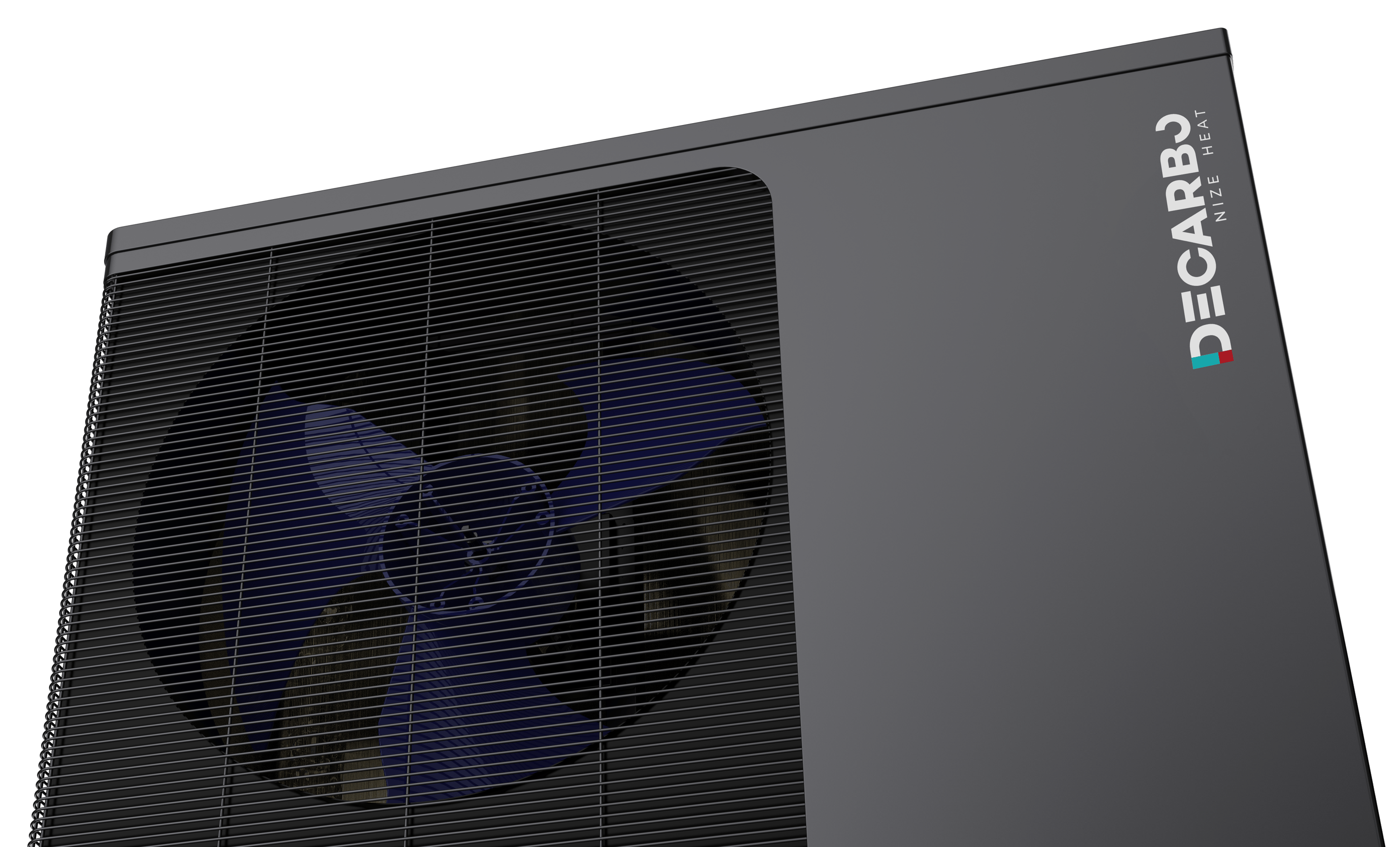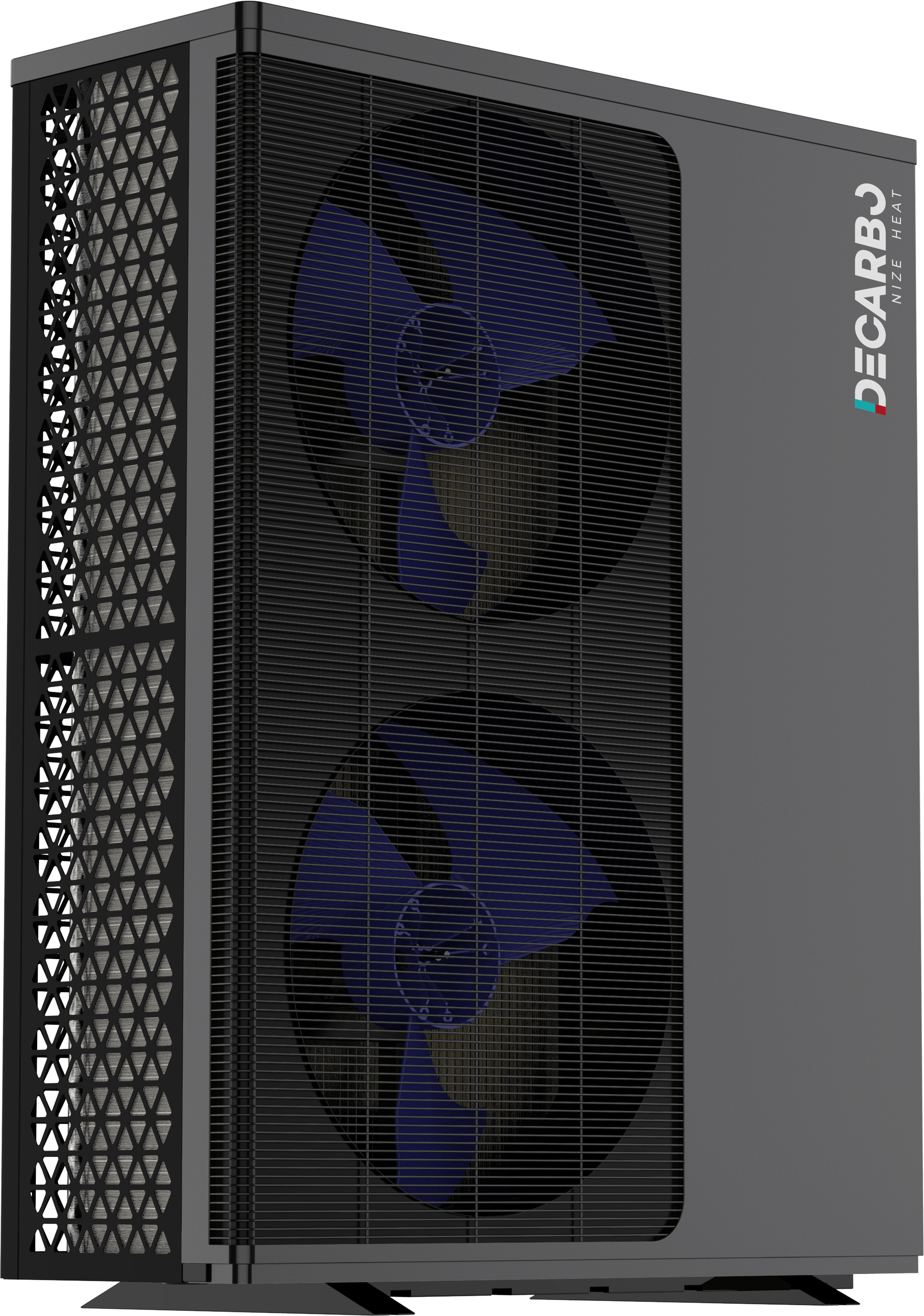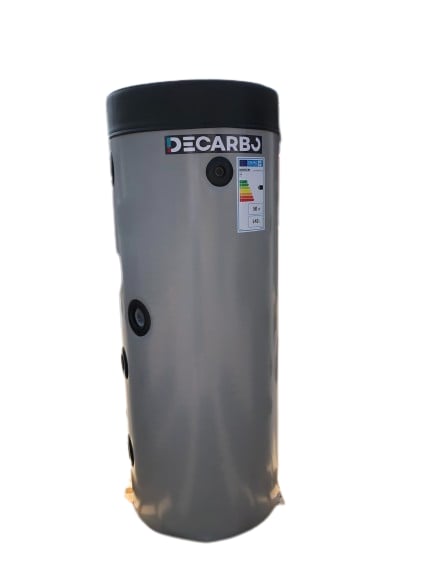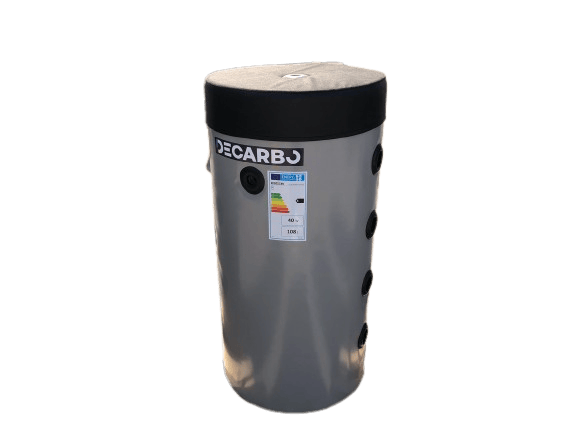Heat pumps: An efficient and environmentally friendly heating solution
Modern heating technology with heat pumps
Heat pumps are a future-oriented alternative to traditional gas or oil heating systems. They use renewable energy sources to generate heat and are therefore particularly environmentally friendly. With affordable electricity rates and the ability to extract energy from the ground or ambient air, heat pumps are an ideal choice for well-insulated buildings and those equipped with underfloor heating.
Buying a heat pump is an investment in a modern, environmentally conscious heating technology. Although the initial cost may be higher than for gas or oil heating, the long-term savings and contribution to environmental protection are important factors to consider when deciding on a heat pump.
Different types of heat pumps
Heat pumps extract heat from the ground, air or groundwater and increase its temperature with the help of the pump so that it can be used efficiently. The generated heat is then usually released via wall and underfloor heating systems or used for hot water production.
There are different types of heat pumps, including air-source heat pumps, ground-source heat pumps and groundwater heat pumps. Each type has its own advantages and disadvantages and is available in different performance classes. Choosing the right heat pump depends on several factors, including the specific requirements of the building, the availability of the heat source and the budget.
A special type of heat pumps are the monobloc heat pumps, such as the models in the Decarbo ECO series. These air-to-water heat pumps are designed to be inexpensive, easy to install and environmentally friendly. They use R290 low global warming potential (GWP) refrigerant and a modulating inverter compressor to provide powerful and sustainable heating. The Decarbo ECO series includes four modulating monobloc heat pumps with maximum heating capacities from 8.3 to 22 kW. Thanks to built-in 3-way valves, the units can operate in different modes all year round, including heating, cooling and domestic hot water.
Heat pumps: costs, prices and efficiencies
The costs for a heat pump are made up of various factors. These include the purchase costs, the installation costs and the ongoing operating costs. The purchase costs can vary depending on the model and manufacturer.
Installation costs are low with the Decarbo ECO series, which includes the model ECO-060 thanks to its easy installation. These compact monobloc heat pumps combine the indoor and outdoor units in one module. Installation is limited to the water and electricity connections, as no refrigerant lines need to be laid. The entire refrigeration circuit and all water-side components such as the plate heat exchanger and water pump are already integrated in the outdoor unit.
The running costs depend on the efficiency of the heat pump and the energy prices.
Heat pump efficiency
The efficiency of a heat pump is an important factor that influences the operating costs. The efficiency is expressed as Coefficient of Performance (COP) and indicates how efficiently the heat pump converts energy into heat. The higher the COP, the more efficient the heat pump. The COP is always determined under optimal laboratory conditions and refers only to the heat pump. The Seasonal Coefficient of Performance (SCOP) is closer to reality than the COP, because here the different seasons are taken into account and measured at several operating points.
Comparison of different heat pump models
In our e-commerce shop frigopartners.com, we offer a variety of heat pump models, including the popular ECO-060 model. This model features high efficiency, with a COP range of 3.81 to 5.24 in heating mode and 3.51 to 4.66 in hot water mode. It also offers a heating capacity of 8.8 to 22.0 kW and a cooling capacity of 6.2 to 15.3 kW. With an ERP level of A+++ at 35°C and A++ at 55°C, it is one of the most efficient options on the market. Furthermore, it is equipped with the environmentally friendly refrigerant R290 and operates quietly at less than 53 dB(A).
Buy Heat Pump at frigopartners.com
The specific requirements for installing different types of heat pump systems can vary. What is required for the installation of an air source heat pump compared to a geothermal or water source heat pump? Are there extensive drilling or construction works involved in the latter options?
At frigopartners.com we offer a wide range of heat pumps and the necessary accessories to meet your specific needs. Our expert team is available to help you plan and carry out your project and ensure you find the right heat pump for your home.
Heat pumps: Compressors as a central component:
Discover a diverse selection of high-quality heat pump compressors at frigopartners.com. As a central component of a heat pump, compressors are crucial to the efficiency and performance of the system. Our heat pump compressors are specially designed for use in heat pump systems and are characterized by their reliability and energy efficiency. We offer compressors of various designs and performance classes to meet the individual requirements of your heat pump. Visit our website and discover high-quality heat pump compressors that optimally complement your heating system and ensure efficient heating.
Frequently asked questions about the heat pump
Installation of a heat pump
The installation of a heat pump can vary depending on the type of pump. Air/water heat pumps are usually the easiest to install, as they only need to be set up on a level surface and connected. Brine/water and water/water heat pumps, however, require extensive drilling and construction work that requires a permit.
Heat pump maintenance
Heat pumps require little maintenance because they do not heat with fossil fuels and therefore produce less pollution. During maintenance, components such as filters and pumps as well as the refrigerant circuit are examined and repaired or replaced if necessary. The maintenance intervals can be between one and three years, depending on the type of heat pump.
Heat pump volume
Heat pumps, especially air-source heat pumps, generate flow and fan noise that can sometimes be perceived as disturbing. In Germany, there are guideline values for noise immissions that must not be exceeded. Before buying a heat pump, you should therefore pay attention to the sound power level.
Blocking times of a heat pump
Blocking periods are periods during which your heat pump is not supplied with electricity and therefore cannot produce heat. These periods are usually associated with a reduced electricity tariff. To bridge these blocking periods, heat is pre-produced and temporarily stored in a buffer tank.
When does a heat pump make sense?
Heat pumps are particularly useful for very well-insulated buildings such as new buildings or low-energy houses. If you want to install a heat pump in an old building, you should consider an energy-efficient renovation.
Heat pump in an old building
Modern heat pumps with high flow temperatures can also heat old buildings efficiently under certain conditions. However, energy refurbishment may be necessary to maximise the efficiency of the heat pump.
Do I have to expect higher electricity costs in an old building?
Yes, the electricity costs of a heat pump can be higher in old buildings. However, this depends on the energy condition of the building. The better the condition, the more efficiently the heat pump can work.
Which heat pump has the highest electricity consumption?
Air-to-water heat pumps usually have a higher electricity consumption than brine-to-water or water-to-water heat pumps. This is due to the lower outdoor temperatures in winter. However, air/water heat pumps are cheaper to buy and easier to install.
What do the electricity costs for the heat pump depend on?
The electricity costs of a heat pump depend on various factors, including the energy status of the building, the annual performance factor (APF) of the heat pump and the electricity tariff.
Heat pump iced up - what to do?
In heat pumps that use outdoor air as an energy source, ice may form on the outdoor unit at temperatures around freezing point. To prevent this, most heat pumps are equipped with an automatic defrost function.
For more information and advice on heat pumps, visit us at frigopartners.com. We will be happy to help you find the perfect heat pump for your home.





